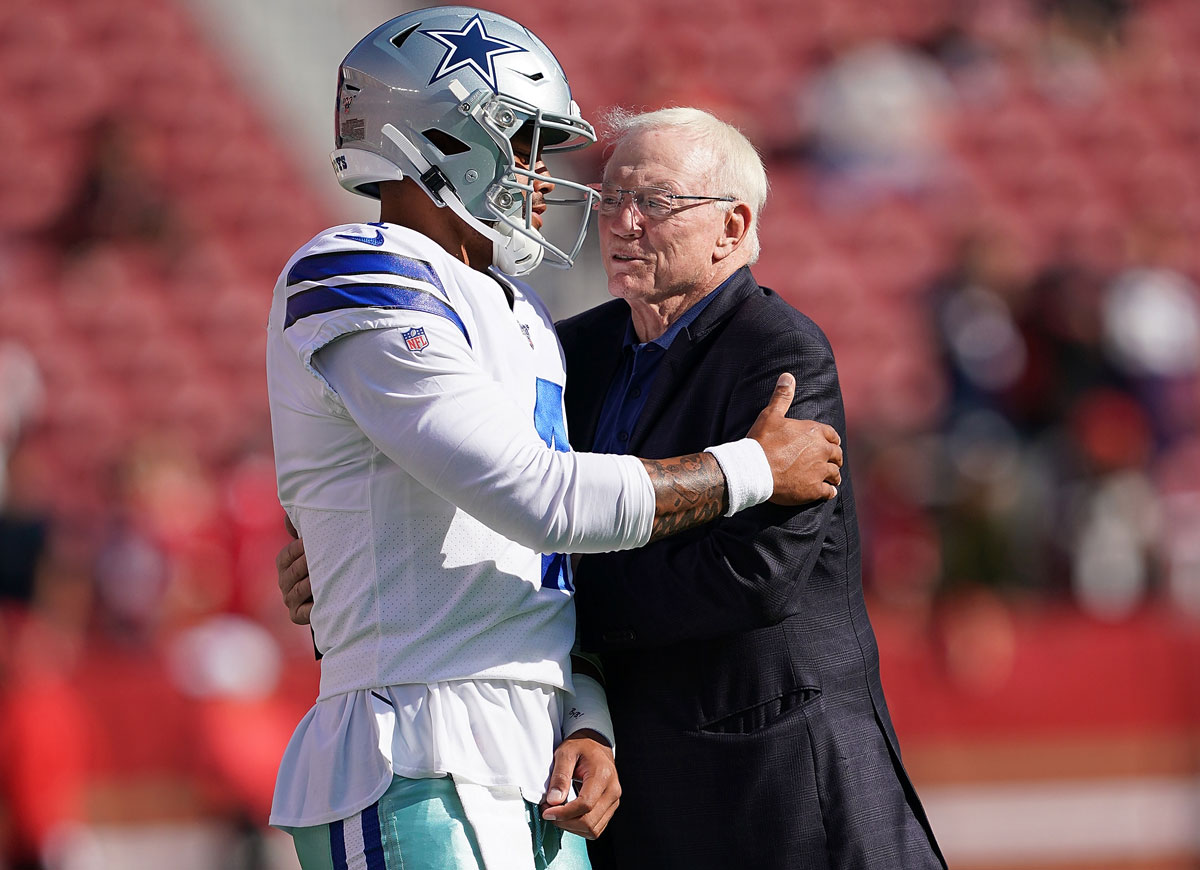‘Capital In The Twenty-First Century’ Movie Review: Rallying Call For Change Inspires & Bores

3/5
Thomas Piketty is surely one of the most unlikely academic celebrities around today. His 2013 deep-dive into global economic inequality Capital in the Twenty-First Century may not have the most invigorating title, but its surprisingly accessible 700-page takedown of the world’s financial woes has caused it to sell well over a million copies to date.
Even with the book’s profound success, a film adaptation never quite seemed in the cards — how many great works of academic literature ever make it onscreen? Documentarian Justin Pemberton, seemingly undaunted by the challenge of his undertaking, has ventured to bring Piketty’s message into the audiovisual world and has done so with an impressive degree of success.
The film adaptation of Capital in the Twenty-First Century is clearly inspired by documentaries like Inside Job or feature films like The Big Short that use stylized visuals and pace-focused storytelling in order to get their dense messages across. While this method is undoubtedly entertaining, Capital did not do it first nor does it do it as well as its predecessors — though this issue should largely be alleviated by the originality and insight of Piketty’s findings.
Unfortunately, the film seriously cuts down on the meat in its subject’s thought. The first two thirds of Capital is devoted to a broad-strokes economic history of the last two centuries, often using clips from films like Pride & Prejudice in order to visually demonstrate its point. Simply put, the film does not spend nearly enough time on its theses to fully elucidate or justify them — instead, it breezes through talking points that are not especially groundbreaking in their insight or original in their delivery.
Thankfully, the film seems to find its footing more as it reaches the modern era. Intercuts of Simpsons episodes and psychology studies work well with the film’s tone, and what was earlier a history lesson subsequently becomes something closer resembling a call-to-arms. For those that make it through the film’s blasé first 75 minutes will be rewarded with a powerful flourish near the end worthy of the movie’s epic title.
One doesn’t need to have read Piketty’s Capital to know that a sub-two-hour documentary could never capture the full breadth of its contents. As exciting as some of the film’s moments are, its source material was likely more deserving of a Ken Burns-style epic than a brief feature. Still, those wanting a look at how severely broken the global system of finance has become will find more than enough to satisfy their hunger in Pemberton’s Capital.
Get the most-revealing celebrity conversations with the uInterview podcast!





Leave a comment